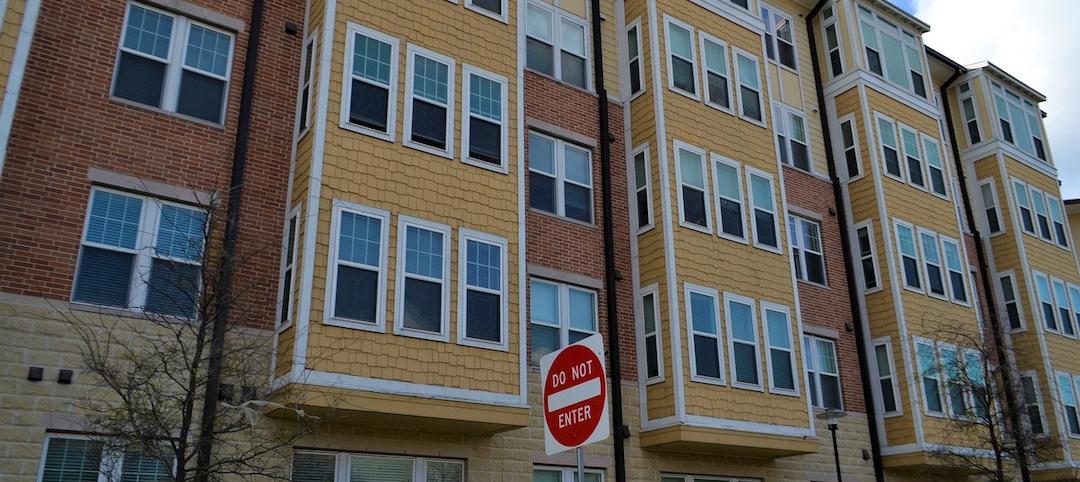The Centers for Disease Control and Prevention issued a report on the Occupational Safety and Health Administration’s review of 20 heat-related enforcement cases from 2012 to 2013. The key finding: CDC supports OSHA’s analysis suggesting that the primary risk factor for heat fatalities is the lack of acclimatization programs.
Of the 13 enforcement cases described in the CDC’s Morbidity and Mortality Weekly Report that involved worker fatalities, nine of the deaths occurred in the first three days of working on the job, and four of them occurred on the worker’s first day. In all 20 cases, heat illness prevention programs were found to be incomplete or absent, and no provision was made for acclimatizing new workers to heat.
Acclimatization is a critical part of preventing heat illnesses and fatalities, and workers should gradually build up workloads and exposure to heat by taking frequent breaks for water and rest in shade or air conditioning, OSHA says. OSHA’s national Campaign to Prevent Heat Illness in Workers raises awareness about the risks for heat-related illness or death and provides tools to help prevent them.
The agency recommends that employers have prevention programs that include oversight, hazard identification, a formal acclimatization program, modified work schedules as necessary, training, and emergency planning to prevent heat-related fatalities. OSHA has a free application for mobile devices that enables workers and supervisors to monitor the heat index at their work sites. For more information and resources in English and Spanish see www.osha.gov/heat.
(http://content.govdelivery.com/accounts/USDOL/bulletins/c8b77e)
Related Stories
Codes and Standards | Oct 12, 2021
Three new laws expected to spur more affordable housing in California
Trio of measures could aid carbon reduction in built environment.
Codes and Standards | Oct 11, 2021
New program to promote mass timber construction launched in Boston
City’s planning and development agency to award grants for projects in early-stage planning.
Codes and Standards | Oct 6, 2021
Intl. Code Council publishes EV and building codes resource
Assists communities in setting policies for electric vehicle charging requirements.
Codes and Standards | Oct 5, 2021
Feds award $1 billion to renovate health centers
Funds will modernize existing infrastructure and cover other COVID-19-related capital needs.
Codes and Standards | Oct 4, 2021
Boston City Council approves mandate for major emissions cuts for large buildings
Applies to buildings 20,000 sf or larger—about 4% of city’s buildings.
Codes and Standards | Oct 4, 2021
HPD Collaborative and Green Seal to align standards
Will result in expanded options for manufacturers to enhance sustainability reporting and certifications.
Codes and Standards | Sep 30, 2021
U.S. has a deficit of 5 million homes
Builders unable to keep pace with demand.
Codes and Standards | Sep 29, 2021
Mass Timber group study will compare structural round timber to glulam products and steel
Will compare costs, capabilities, and carbon impacts of structural materials.
Codes and Standards | Sep 28, 2021
Massachusetts creates Commission on Clean Heat
First-of-its kind body to set targets for buildings to reduce emissions from heating fuels.
Codes and Standards | Sep 27, 2021
Commercial real estate industry faces SEC climate disclosure regulations
Risks associated with climate change would have to be revealed.
















